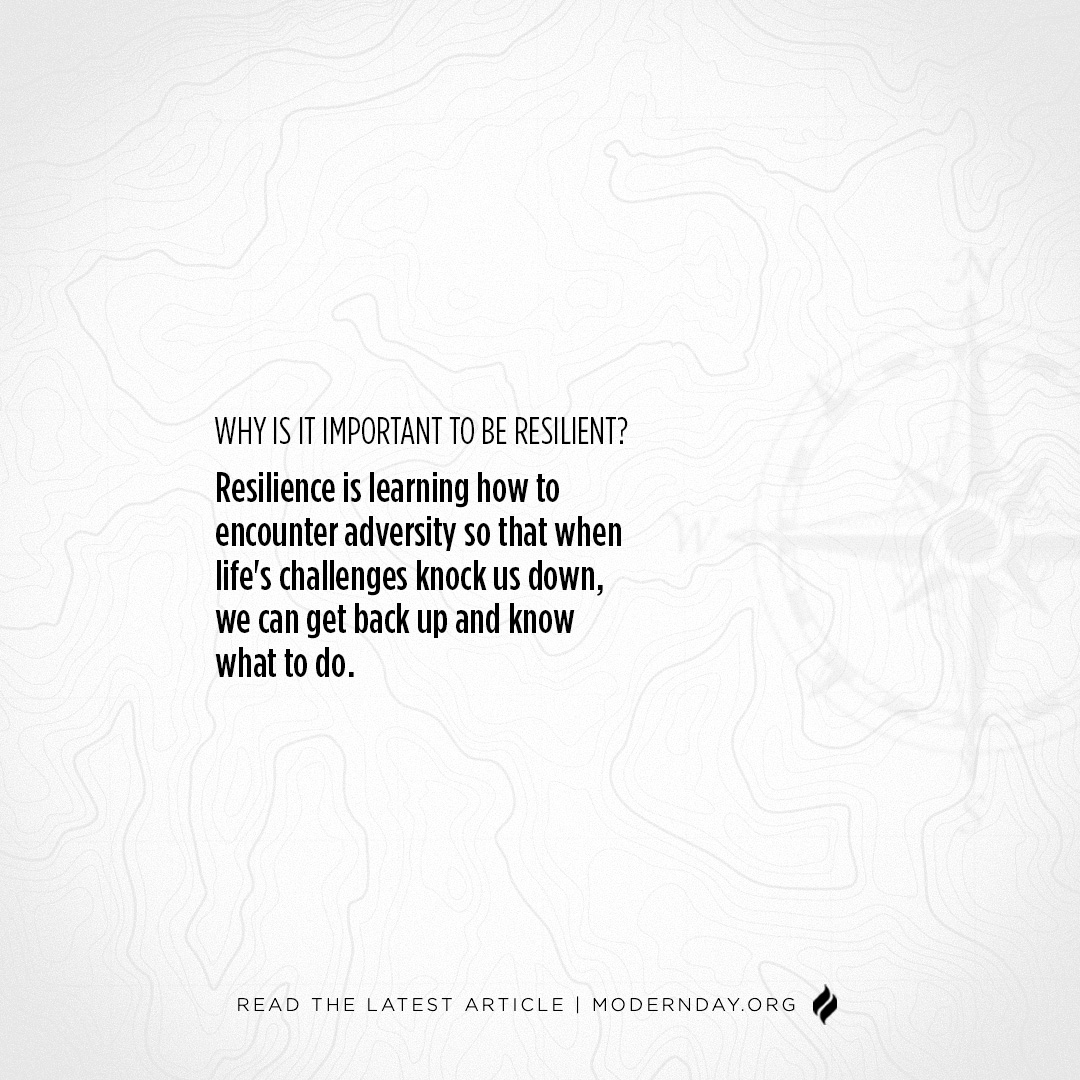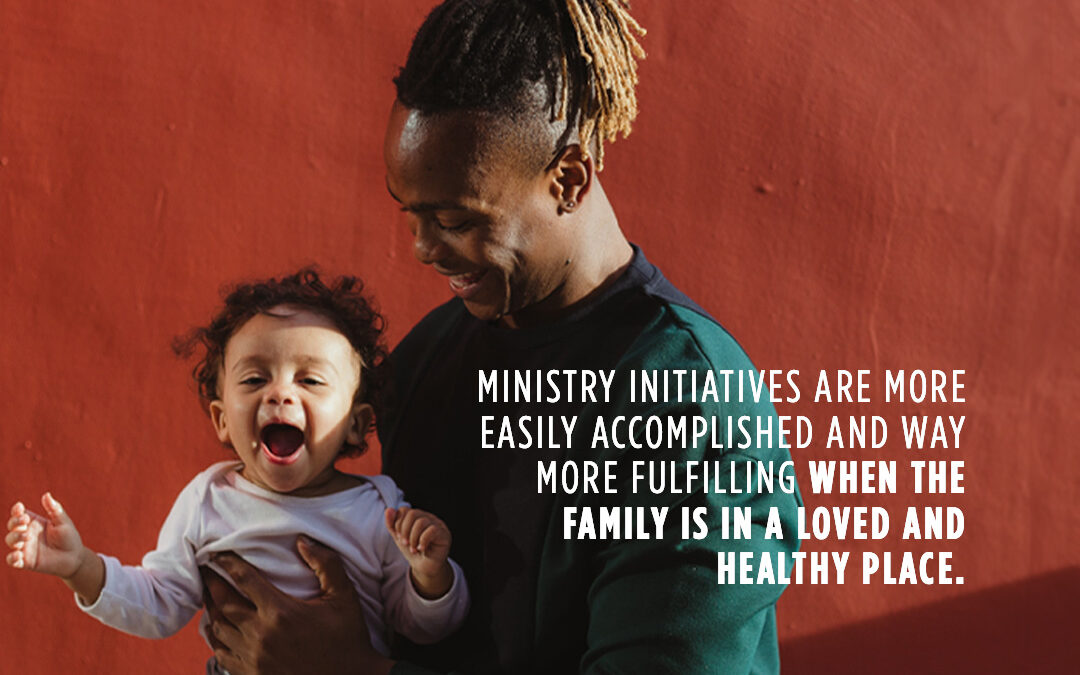EDITOR’S NOTE: Names in this article have been altered to protect identities.
A wave of unrest that accompanied Bolivia President Evo Morales’ political ascent engulfed many expatriates there who had hoped to advance the cause of civic improvement. A marked feature of the Morales regime — staunch anti-Americanism — has made U.S. citizens working in the South American country targets of its notoriously corrupt law enforcement and judicial systems.
R.S. and Thia Johns lived in Bolivia for nearly five years as Baptist missionaries. During their time in the country, the couple conducted English classes, started a church and held Christ-centered social gatherings for teenagers on Friday nights all in the central Bolivia city of Cochabamba. But their efforts to share their faith with the community were hampered by local authorities that seemed determined to drive them out of the neighborhood.
“Police threatened to arrest us if we didn’t move out of the house we were leasing,” said R.S. Johns, 63, recalling an incident that occurred 10 years ago. “I believe he was bribed to have us evicted. When we refused to leave, they became forceful and wouldn’t leave until we called our lawyer.”
The nation’s police departments have been plagued by corruption for decades, with many officers wielding their authority at the pleasure of the highest bidders, the government has acknowledged.
“It’s frightening to be approached by policemen there because you have no way of knowing who has paid them off,” said Thia Johns, 63, adding that her experiences with law enforcement officials in Bolivia have given her a greater sympathy for what some of her African-American friends perceive as their unfair treatment by police.
If Americans in Bolivia encounter undue scrutiny by the legal community, their dilemma comes in addition to what international observers say is a universally woeful justice system there. According to a report issued in 2011 by the United States Agency for International Development, or USAID, Bolivia was the fourth-least equitable among 36 Latin American and Caribbean nations — behind Ecuador, Haiti and Venezuela — in terms of extending legal and political rights to its citizens. The report also noted that during the first five years in which Morales was in power, the country actually regressed in its commitment to fairly apply and enforce laws. USAID was kicked out of Bolivia two years after this report — ending a five-decade relationship between the agency and the nation. According to more recent examinations by nonprofit organizations such as Human Rights Watch, those injustices continue to be typical.
But the aggressive nature of what the Johns family endured in Bolivia led them to believe they were targets of politically motivated intimidation. They were accused in 2010 of placing false documents into government records to procure housing in the country — a claim R.S. Johns maintains is untrue — and dragged into the court system.
As the legal proceedings unfolded, their lawyer was told by the Cochabamba district attorney that he was encountering political pressure to prosecute a bogus case against them because they are Americans, R.S. Johns said. This, they believe, was the DA’s way of telling them to leave the country as soon as possible while they still had the option.
They heeded the advice.
The couple went into hiding with three of their children for nearly two weeks in April 2011 until they could secure a flight out of Bolivia. They received a $10,000 loan from their missions-sending agency to help pay for travel expenses. After some tense moments with customs at Viru Viru International Airport in Santa Cruz, the Johns family headed back to the United States. R.S. Johns said the family only narrowly escaped.
“A judge issued a warrant to detain us 10 days before we left. For some reason, we never received the order,” he said, stating that his family would have submitted to the ruling and surrendered to authorities. The Johns family has settled in Texas.
Thia Johns said she was relieved to have a break from the mission field. She said the corruption that pervades the legal establishment in Bolivia makes life there disconcerting.
“It was like swimming in an ocean when you know sharks are all around you,” she said.
Despite their sometimes traumatizing experiences in Bolivia, the couple hopes to someday return — at least for short-term missions. They hope to contribute to English and Bible teaching and be involved with building wells in Cochabamba communities where water access is limited. Thia Johns said her family won’t be deterred by the persecution they received while in Bolivia.
“I have a very deep faith and trust in God. It takes a lot to make me nervous, and my husband is the same way,” she said. “I think a lot of people would have left three years before we did.”







